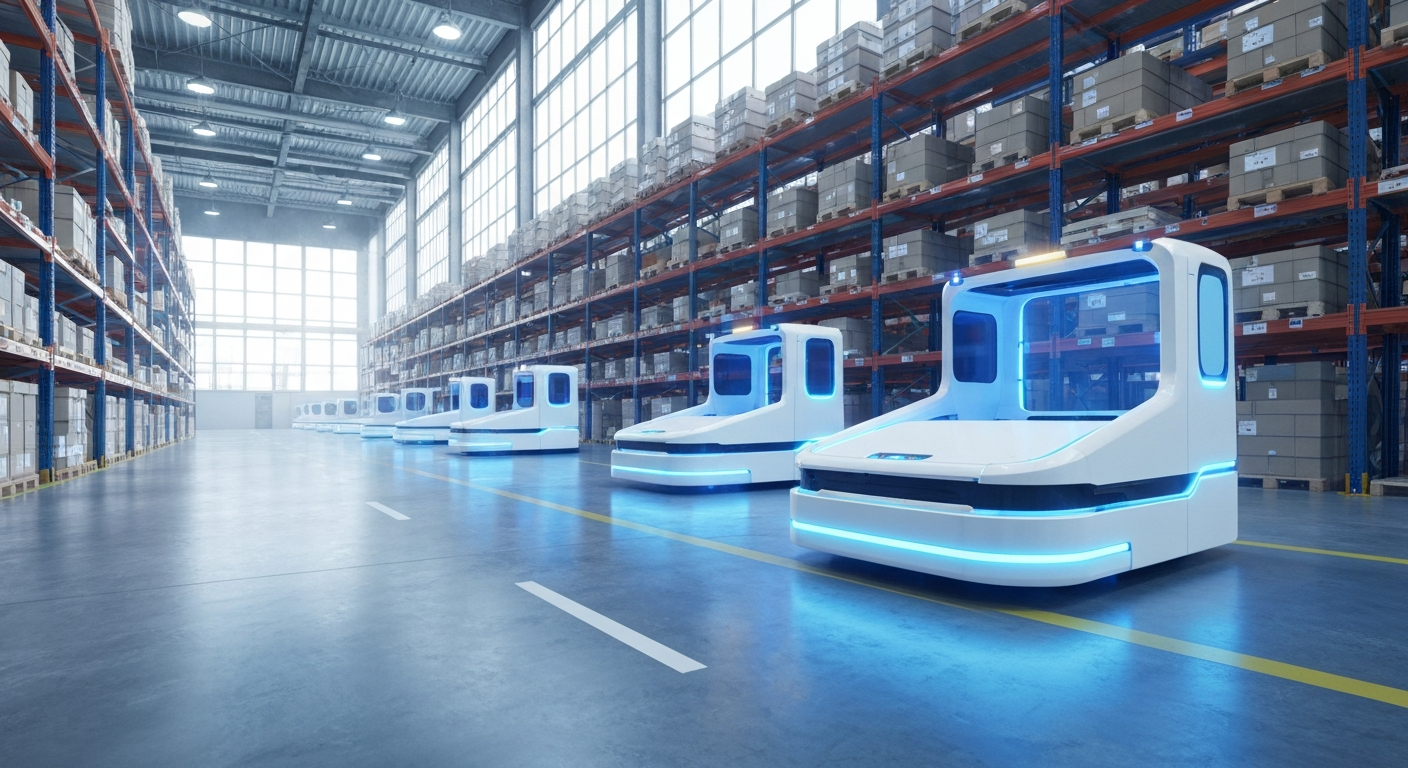OPC Client applications excel at efficiently handling supervisory control, among a myriad of other essential functions. Their proficiency in managing supervisory control is unparalleled, making them an indispensable tool for industrial automation and process control. These applications effortlessly handle the complexities involved in overseeing and monitoring various processes, ensuring optimal efficiency and productivity.
Additionally, OPC Client applications seamlessly integrate with different systems and devices, allowing for seamless data exchange and effortless communication across the entire network. OPC Clients, without a doubt, are extensively utilized in the programming of Human-Machine Interface (HMI) applications. Their popularity stems from their unparalleled ability to connect with various industrial automation devices and systems. By leveraging the power of OPC technology, these clients empower programmers to effortlessly communicate and exchange data between different platforms, resulting in highly efficient and seamlessly integrated HMI applications that significantly enhance productivity and improve operational efficiency.
The Human-Machine Interface (HMI) possesses a remarkable capability to effortlessly and efficiently transmit supervisory control setpoints to the OPC Server. This process is seamless as the OPC Server seamlessly transfers these setpoints to the underlying control system, which can be either a Programmable Logic Controller (PLC) or a Distributed Control System (DCS). This integration ensures a smooth and uninterrupted flow of control instructions, enhancing operational efficiency and accuracy.






